Deepfake Laws: Celebrity Image Rights – USA Legal Guide 2025
In a world where videos can lie and images can deceive, Deepfake Laws: Celeb Image Rights Explained becomes more vital than ever. Imagine seeing your favorite movie star in content they never agreed to, or worse, something that harms their reputation—deepfake technology makes that possible. This article dives into Deepfake Laws: Celeb Image Rights Explained so you, the reader, can understand how the law in the USA protects celebrities, what gaps exist, and how current trends are pushing for change.
We’ll explore the legal landscape, real cases, consent rules, and what celebrities—and you—can do to stay safe. Whether you’re curious, concerned, or simply want to stay informed in the age of digital impersonation, you’re in the right place.
What Are Deepfakes and Why Celebrity Image Rights Matter
What is a Deepfake?
Deepfakes are synthetic media—videos, audio, or images—that use artificial intelligence to replace one person’s likeness with another. They can be funny, scary, misleading, or injurious. Digital impersonation has exploded thanks to powerful AI tools that are becoming more accessible every year.
Celebrity Image Rights (aka Right of Publicity)
- The right of publicity gives celebrities control over how their name, image, and likeness are used.
- These rights can block unauthorized commercial uses of a celeb’s identity.
- They are governed differently in each U.S. state—some states have statutes, others rely on court decisions.
Deepfake Laws: Celeb Image Rights Explained — U.S. Legal Landscape
Federal vs State Laws
There’s no one federal statute in the U.S. specifically designed to handle deepfake imagery of celebrities. Most protection comes from:
- State right of publicity laws
- Defamation laws
- Intellectual property laws (copyright, trademark)
- Privacy torts
Key States with Strong Laws
| State | What They Do | Relevant Features |
|---|---|---|
| California | Broad right of publicity statute | Covers post-mortem rights; strict on commercial misuse |
| New York | Pending or recently passed bills about deepfake regulation | Focus on non-consensual imagery |
| Texas | Strong civil penalties for misuse of someone’s likeness | Includes digital impersonation explicitly in some versions |
| Illinois | Privacy laws + right of publicity | Known for strong biometric privacy protections |
Recent and Upcoming Legislation
- The DEEPFAKES Accountability Act (proposed in Congress) aims to require labeling of synthetic media.
- Several state bills are introducing fines for non-consensual deepfake portrayals.
- Some platforms voluntarily have begun content policies to remove harmful deepfake content.
- Taylor Swift Fashion Trends | 10 USA Style Guide | Red Carpet Model
- Beyoncé ‘Cowboy Carter’ Tour: Dates & Tickets Guide USA
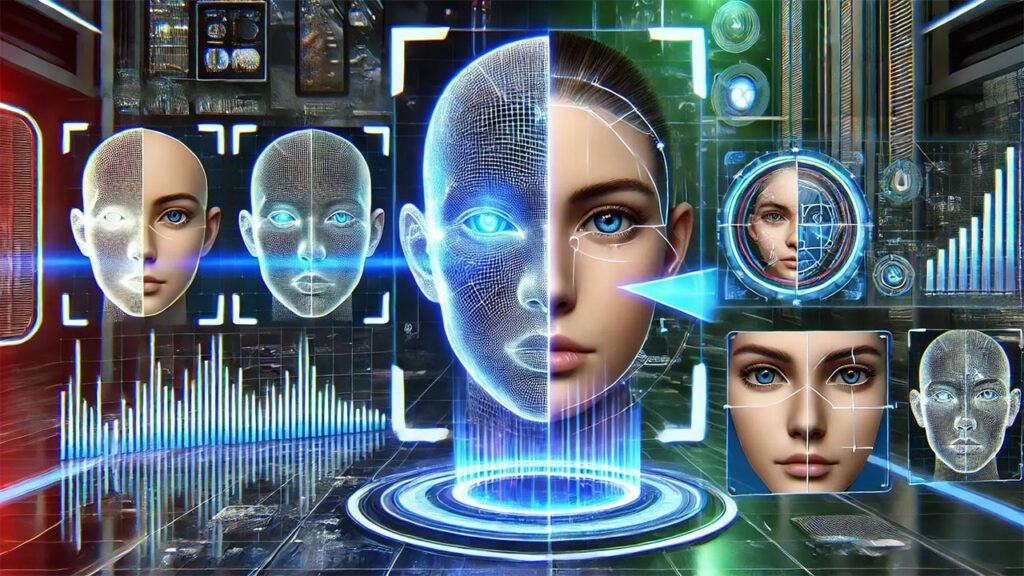
How Deepfake Laws Protect Celebrities (and Sometimes Private Persons)
Consent and Licensing
- Celebrities typically enter contracts for commercial usage of their image. Without consent, the usage may violate the right of publicity.
- Licensing deals often cover likeness, voice, and name for specific media or territory.
Defamation, Libel, and False Light
- If a deepfake portrays a celeb in a damaging or false way, it might be defamation.
- False light is a privacy claim for misleading portrayal even if technically true in parts.
Intellectual Property & Copyright Issues
- If someone uses the celeb’s copyrighted work (film, recording) as part of the deepfake, that’s another legal layer.
- Trademarks may apply when names, logos, or brand identities are used.
Special Protections: Post-Mortem Rights
- Some states allow an estate to enforce a celebrity’s rights after they’ve died (post-mortem publicity).
- Others have no post-mortem protection or very limited duration.
- VMAs 2025 Winners & Viral Moments: Best Highlights USA
Key Real-World Examples and Cases
Example 1: Non-consensual Celebrity Deepfake Pornography
Often celebrities discover deepfake adult content circulated without consent. Even when AI tools create “realistic” porn, the damage to reputation is serious, and legal recourse is limited in many states unless there’s privacy or defamation law applicable.
Example 2: Political Spoofs or Ad Parodies
Sometimes deepfakes are used for humor or political commentary. In the U.S., parody is often protected under the First Amendment, but the line blurs when people are deceived or harmed.
Example 3: Brand Endorsement Scams
Deepfake ads using a celebrity’s likeness to sell a product without permission. These can violate both right of publicity and trademark laws—and often lead to cease-and-desist letters or lawsuits.
How to Navigate Deepfake Laws: What Celebs & Users Should Do
For Celebrities / Public Figures
- Register your rights in your home state if possible.
- Include clear consent clauses in all contracts with photo, video, and voice use.
- Monitor online platforms for misuse.
- Work with legal teams to issue takedown notices, DMCA claims, or pursue state law claims.
For Content Creators / Influencers / Users
- Always check if you have permission before using someone’s likeness.
- When creating parody or commentary, label your content clearly.
- Know the state rules applicable to your location or the person whose image you use.
- If unsure, ask for written consent or a licensing agreement.
Limitations and Legal Gaps
Lack of Uniform Federal Law
Because the U.S. lacks a federal law specific to deepfakes and celeb image rights, enforcement depends on where the misuse happens and what state law applies.
Enforcement Challenges
- Tracking down creators who post anonymously or overseas.
- Platforms may not act quickly.
- Deepfake detection is still imperfect.
First Amendment Conflicts
Free speech protections sometimes allow parody and satire. If a deepfake is clearly shown to be satire, it might be lawful even if offensive.
Technological Arms Race
As detection tools improve, so do generation tools. Legally, the evidence of who created a deepfake, when, and with what intent can be hard to establish.
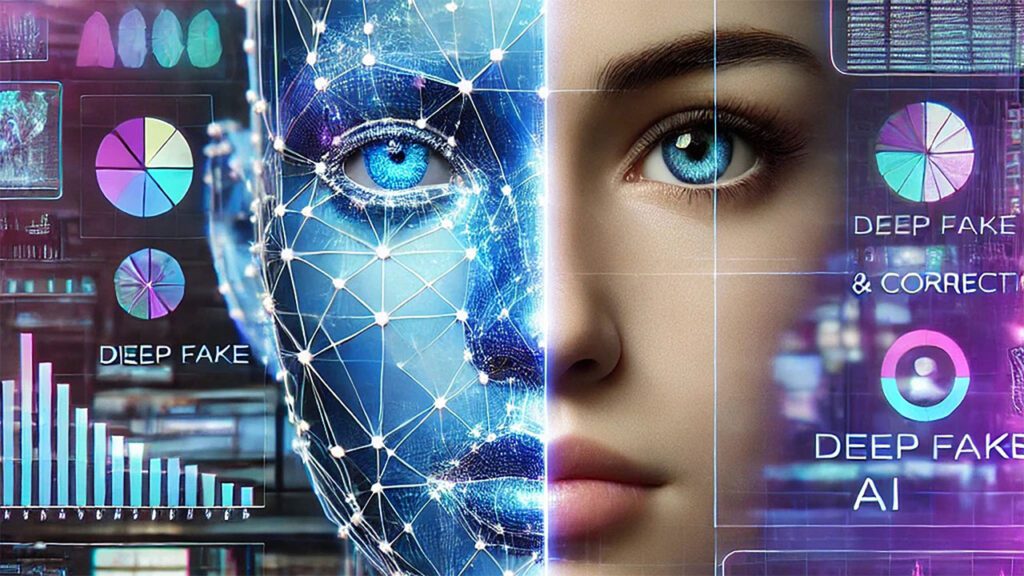
Table: State-by-State Snapshot of Right of Publicity Laws (for Celebrities)
| State | Statutory Right of Publicity | Post-Mortem Protection | Deepfake-Specific Regulation Proposed/Passed |
|---|---|---|---|
| California | Yes | Yes – up to 70 years after death | Bills introduced to address non-consensual synthetic media |
| New York | Limited or under development | Limited post-mortem laws | Recent bills focusing on image rights online |
| Texas | Strong protection statutes | Yes – certain periods | Explicit digital impersonation provisions in some proposals |
| Florida | Statutory rights with private/public figure distinction | 40 years post-mortem | Laws vague on AI/deepfake but broad publicity rights exist |
| Illinois | Right of publicity + privacy statutes | Minimal post-mortem protection | Biometric privacy law helps; deepfake bills pending |
Best Practices & Legal Trends for 2025
Labeling Requirements
Legislation is being considered that would require deepfake content (especially commercial or political) to be clearly labeled. Transparency is growing as a legal priority.
Platform Responsibility
Big platforms (YouTube, Instagram, TikTok) are under pressure (by lawmakers and public opinion) to remove or flag harmful deepfake content.
Technological Solutions
- Watermarking AI-generated content
- Using deepfake detection tools, sometimes powered by blockchain or metadata checks
- Research in academia (e.g., Stanford, MIT) on how to identify manipulated media reliably [example: Stanford’s Media Futures Lab]
International Influence
Other countries (UK, EU) are also moving fast. Sometimes U.S. state laws borrow ideas from foreign regulations. Global public opinion and cross-border liability are making this an international issue.
10 Related Questions & Answers –
1. What are the US laws on deepfake celebrity image rights?
In the US, deepfake celebrity image rights are primarily protected under state-level right of publicity laws, defamation laws, and privacy statutes since there is no single federal law specifically covering deepfakes.
2. Can I sue someone for using my face in a deepfake?
Yes, individuals can sue for unauthorized use of their likeness in a deepfake under right of publicity or defamation claims, depending on state laws and whether reputational harm occurred.
3. Is deepfake pornography illegal in the United States?
Yes, many states have passed laws criminalizing non-consensual deepfake pornography, and victims may also pursue civil remedies through privacy or harassment laws.
4. What is the right of publicity law in California?
California grants celebrities strong rights to control their name, voice, and likeness, both during life and up to 70 years after death, making it one of the strongest states for publicity rights.
5. How does the law protect deceased celebrities’ likenesses?
Several states, including California and Indiana, provide post-mortem publicity rights, allowing estates to control and monetize a celebrity’s image after death.
6. Are deepfake political ads legal in the USA?
Political deepfakes are controversial; while parody may be protected speech, deceptive political ads are increasingly targeted by state bills requiring disclosure labels.
7. How do platforms detect deepfake content?
Platforms use AI detection tools, watermarks, and metadata analysis to flag deepfakes, though detection is still imperfect and often relies on user reporting.
8. Does consent prevent all legal liability in deepfake cases?
Consent generally protects content creators from liability, but misuse beyond agreed terms or misleading labeling can still trigger legal claims.
9. What recent cases have set precedents in deepfake laws?
Cases involving unauthorized celebrity pornographic deepfakes and false endorsements have shaped early precedents, pushing states to expand publicity and privacy protections.
10. Are there federal laws regulating deepfakes in the US?
Currently, no broad federal deepfake law exists, but proposed acts like the DEEPFAKES Accountability Act aim to regulate labeling and punish malicious use.
Conclusion
Deepfake Laws: Celeb Image Rights Explained reveals a landscape that is evolving, imperfect, but increasingly robust. As deepfake tools get smarter, the law is catching up—through state statutes, proposed federal acts, court precedents, and public pressure. Celebrities benefit from right of publicity, consent rules, defamation protections—but gaps remain, especially across state lines and post-mortem.
For regular users and creators, being respectful, obtaining clear consent, and labeling content help you stay on the right side of both ethics and the law. If you’re a celeb, agent, or lawyer—stay alert to upcoming bills, platform policy changes, and detection technologies. The digital age demands both awareness and action.
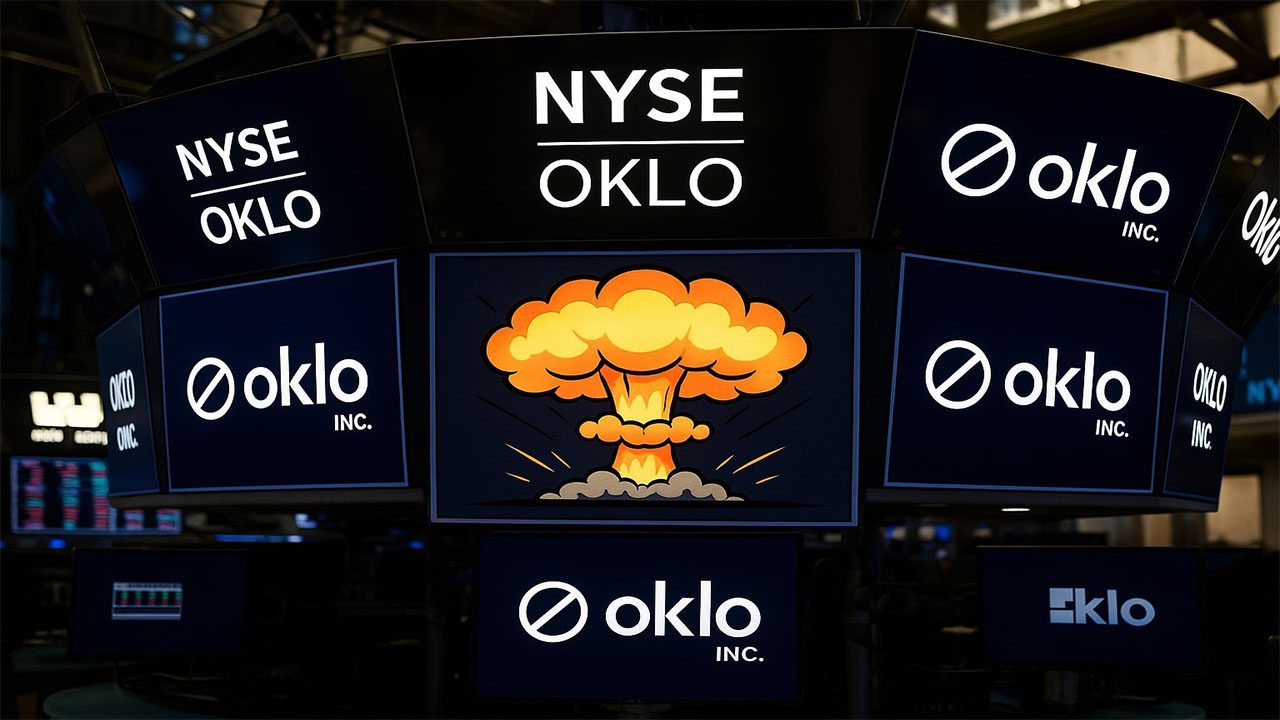
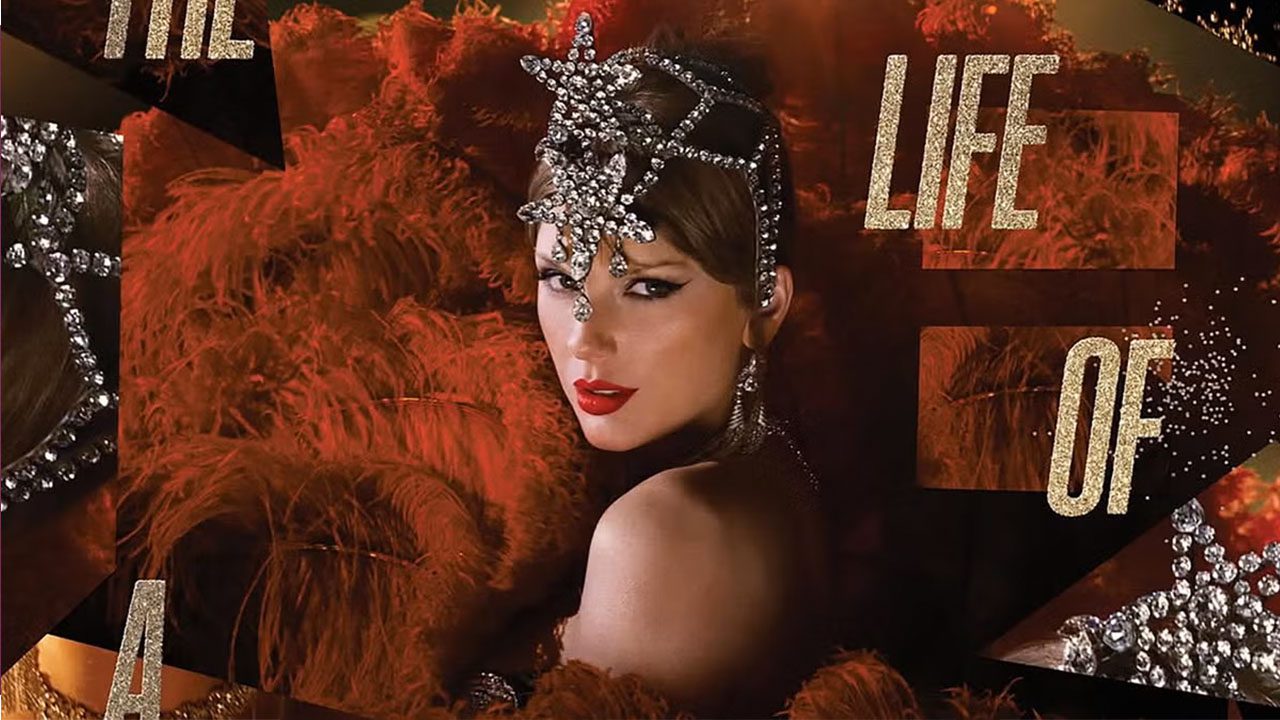

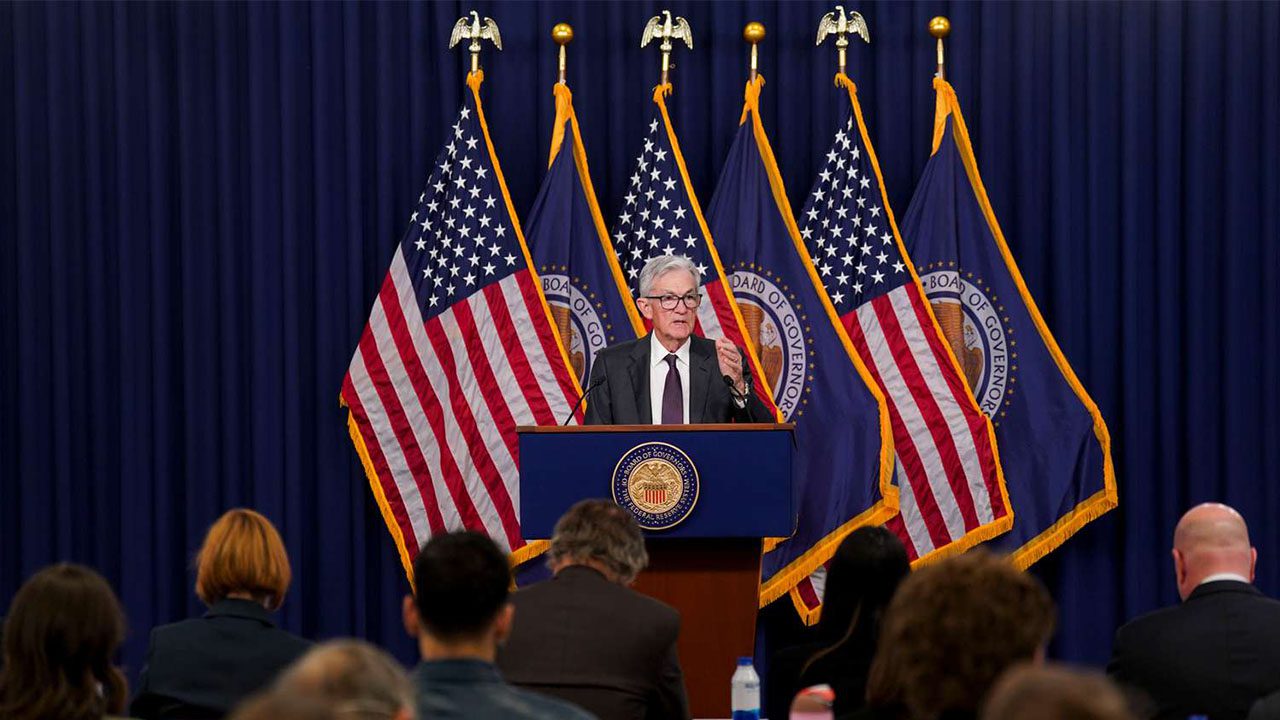






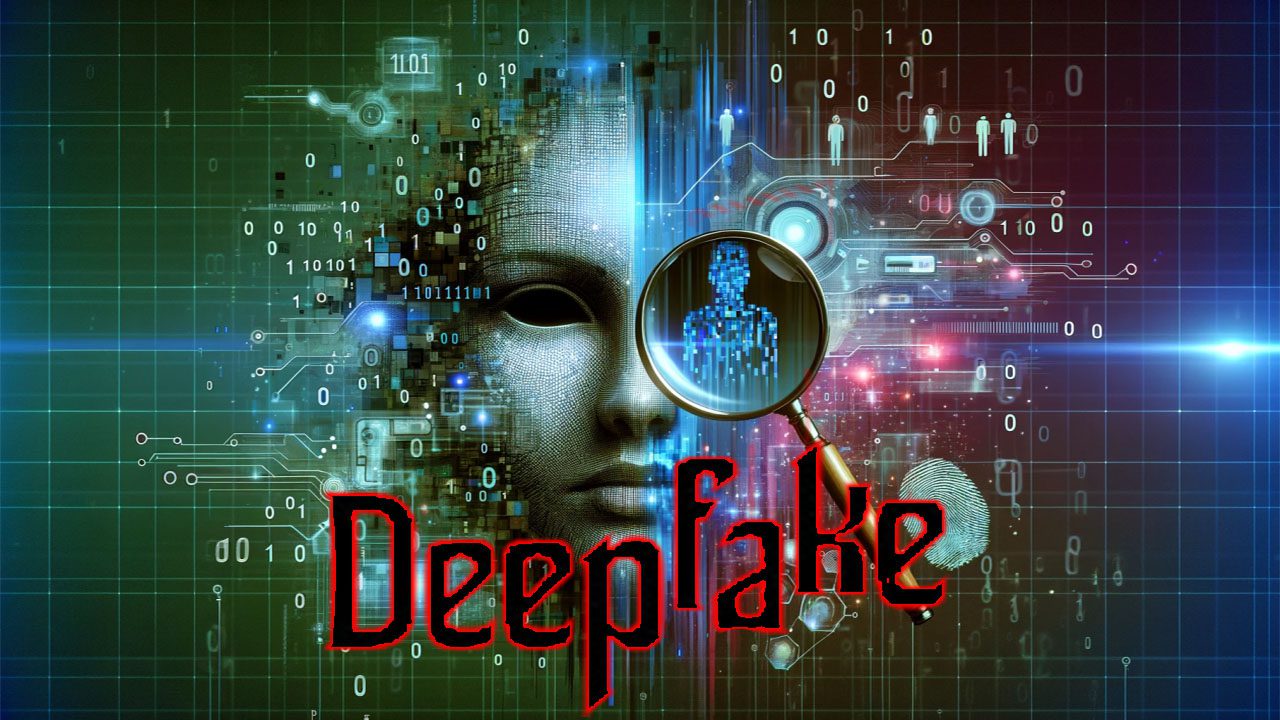




One thought on “Deepfake Laws: Celebrity Image Rights – USA Legal Guide 2025”